Prefixes and Suffixes Worksheets Elementary
Prefixes and suffixes are an essential part of the English language that many elementary students struggle with. These small additions to words can completely change their meaning and understanding them is key to developing strong reading and writing skills. In this blog post, we will explore the importance of prefixes and suffixes, and how worksheets can help reinforce this knowledge in elementary school students.
Table of Images 👆
More Other Worksheets
Kindergarten Worksheet My RoomSpanish Verb Worksheets
Cooking Vocabulary Worksheet
DNA Code Worksheet
Meiosis Worksheet Answer Key
Art Handouts and Worksheets
7 Elements of Art Worksheets
All Amendment Worksheet
Symmetry Art Worksheets
Daily Meal Planning Worksheet
What is a prefix?
A prefix is a group of letters placed before a root word to modify or change its meaning. It is a type of affix that can be added to the beginning of a word to create a new word with a different meaning or to alter the original word's grammatical function.
Give an example of a prefix and explain its meaning.
One example of a prefix is "un-", which means "not" or "opposite of". When added to a word, it changes the meaning to indicate the absence or reversal of the original word. For instance, adding "un-" to the word "happy" creates the word "unhappy", which means not happy or sad.
How does adding a prefix change the meaning of a word?
Adding a prefix to a word can change its meaning by altering or adding to the original word's definition. The prefix attaches to the front of the word and can indicate things like negation (e.g., un-), time (e.g., pre-), quantity (e.g., multi-), or direction (e.g., re-). This can create new words and convey different shades of meaning or indicate a different context for the original word.
What is a suffix?
A suffix is a group of letters, often added to the end of a word, that changes or adds to the meaning of the word. It is used in linguistics to form new words or modify existing ones by adding to their root form, often indicating aspects such as tense, number, gender, or case.
Provide an example of a suffix and describe how it changes the word it is added to.
One example of a suffix is "-ful," which is added to the end of a base word to create an adjective indicating the presence of a quality or characteristic. For instance, when added to the word "wonder," it becomes "wonderful," indicating that something is full of wonder or causing wonder. The suffix "-ful" changes the word from a noun to an adjective and adds the meaning of being characterized by or having the quality of the base word.
Can a word have both a prefix and a suffix?
Yes, a word can have both a prefix and a suffix. A prefix is added to the beginning of a word, while a suffix is added to the end of a word to modify its meaning or create a new word altogether. These affixes can be added to the base word independently or together, resulting in a word that has both a prefix and a suffix.
How does understanding prefixes and suffixes help in improving vocabulary skills?
Understanding prefixes and suffixes helps in improving vocabulary skills by breaking down words into their smaller parts, enabling individuals to deduce the meanings of unfamiliar words. By recognizing common prefixes (such as "un-" meaning not) and suffixes (such as "-er" meaning someone who performs an action), individuals can infer the meanings of words and build their vocabulary more easily. This knowledge allows for a deeper understanding of words and helps in recognizing patterns in language, ultimately enhancing one's ability to comprehend and use a wider range of vocabulary words effectively.
Why is it important to teach prefixes and suffixes to elementary students?
Teaching prefixes and suffixes to elementary students is important because it helps them develop strong vocabulary and a deeper understanding of words. This knowledge enables students to break down complex words into smaller parts, making it easier for them to decipher the meaning of unfamiliar words. By learning prefixes and suffixes, students are better equipped to infer meanings, improve spelling, and expand their reading comprehension skills, setting a strong foundation for their literacy development.
Name some common prefixes and explain what they mean.
Some common prefixes include "re-" which means again or back, "un-" which means not or opposite of, "dis-" which means apart or away, "pre-" which means before, and "mis-" which means wrong or badly. These prefixes are added to words to change their meaning or to create new words with different nuances.
What are some common suffixes and how do they modify words?
Common suffixes include -ly (changing adjectives into adverbs, e.g. quick ? quickly), -ed (changing verbs into past tense, e.g. walk ? walked), -ful (adding to nouns to create adjectives, e.g. help ? helpful), and -er (changing verbs into nouns indicating a person or thing that performs an action, e.g. teach ? teacher). Suffixes modify words by changing their grammatical function or adding specific meanings or characteristics.
Have something to share?
Who is Worksheeto?
At Worksheeto, we are committed to delivering an extensive and varied portfolio of superior quality worksheets, designed to address the educational demands of students, educators, and parents.

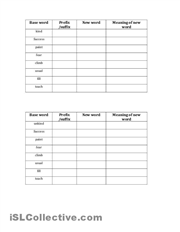



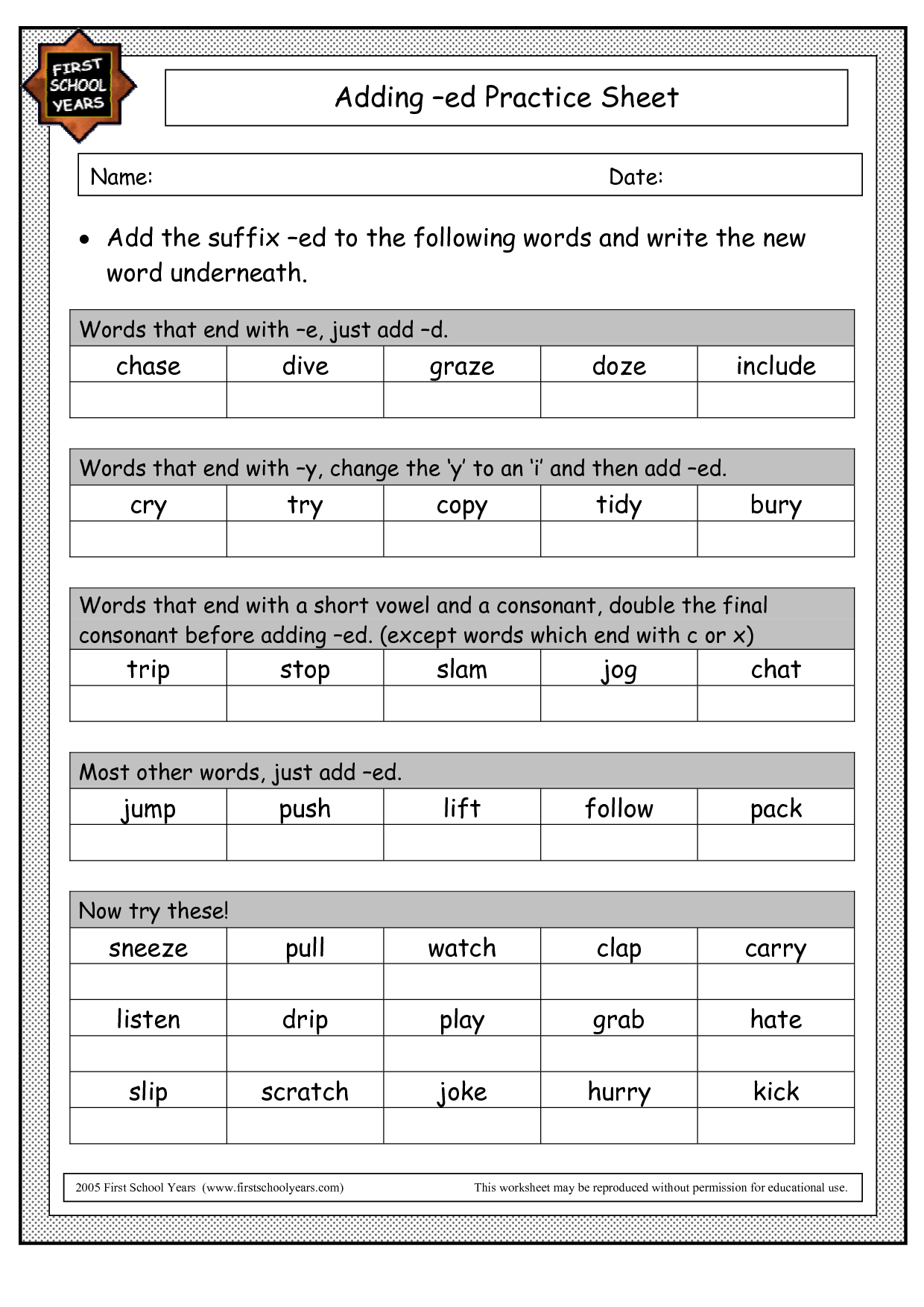
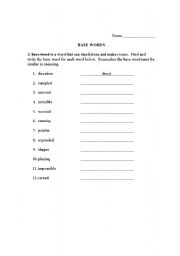
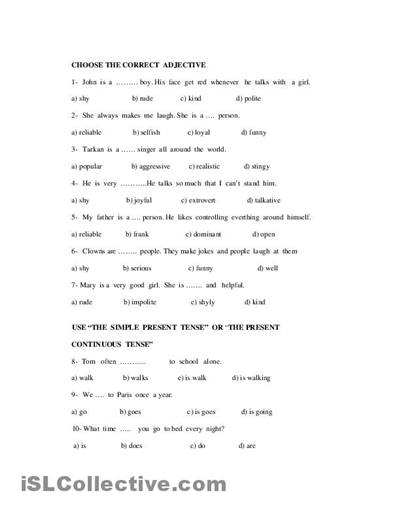
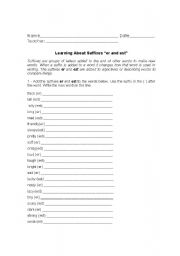
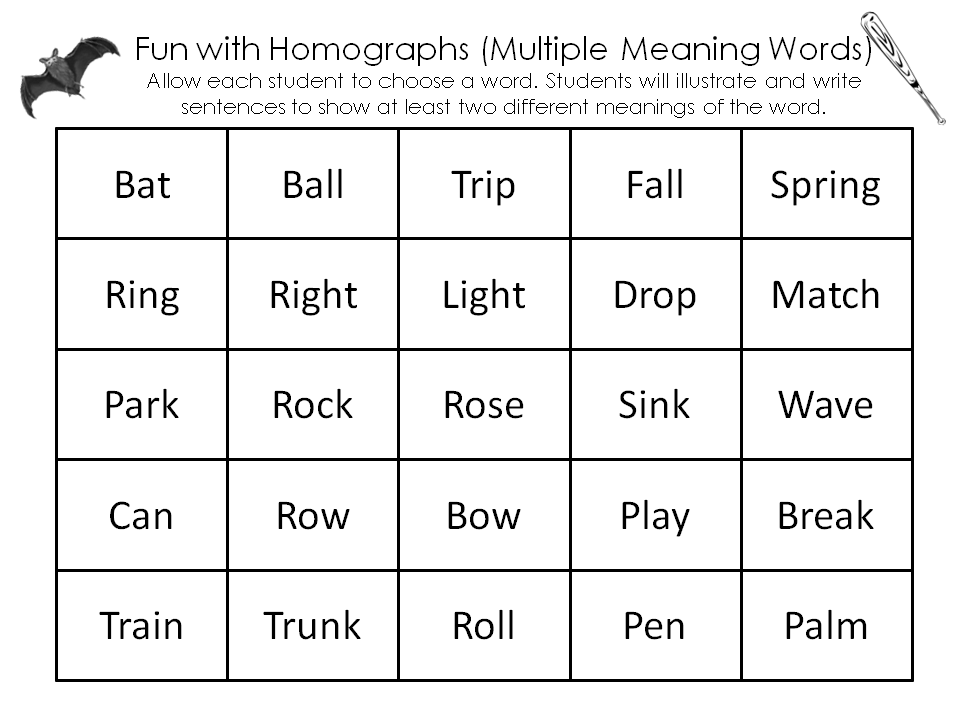
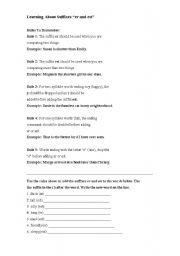
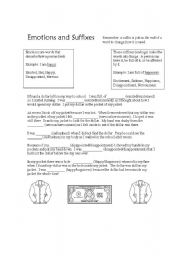

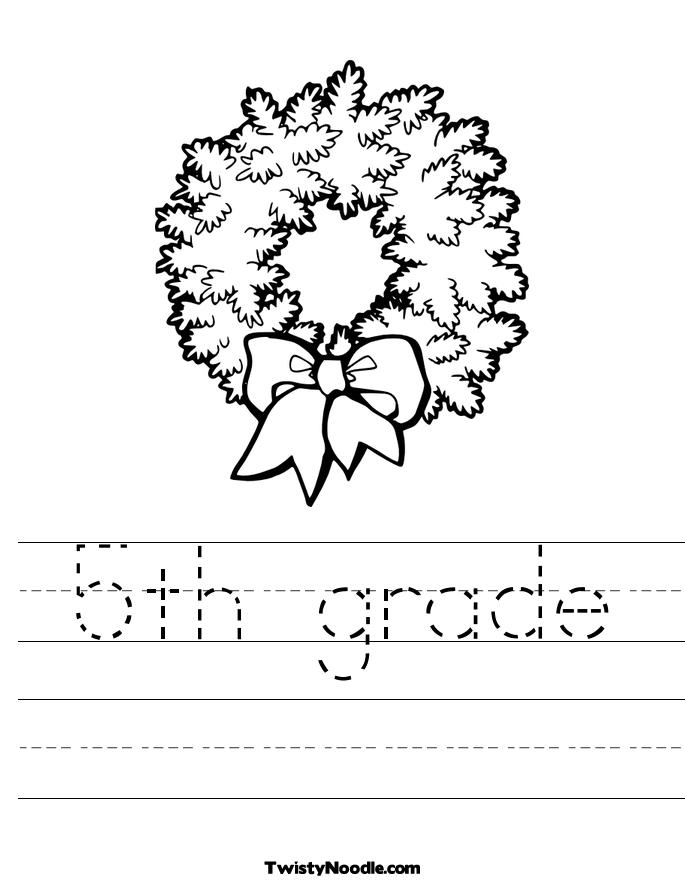
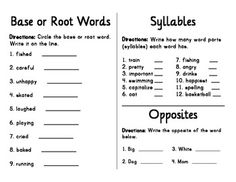














Comments